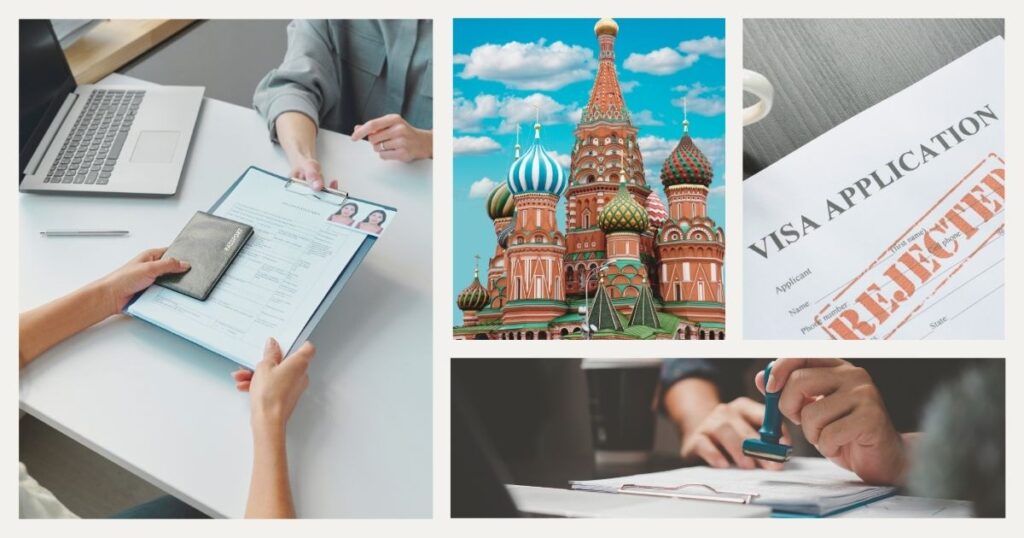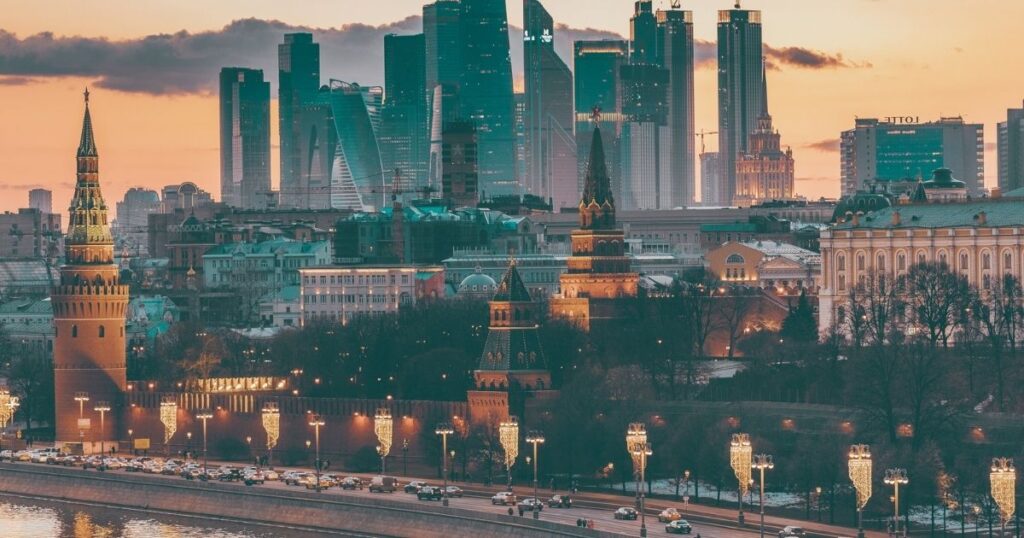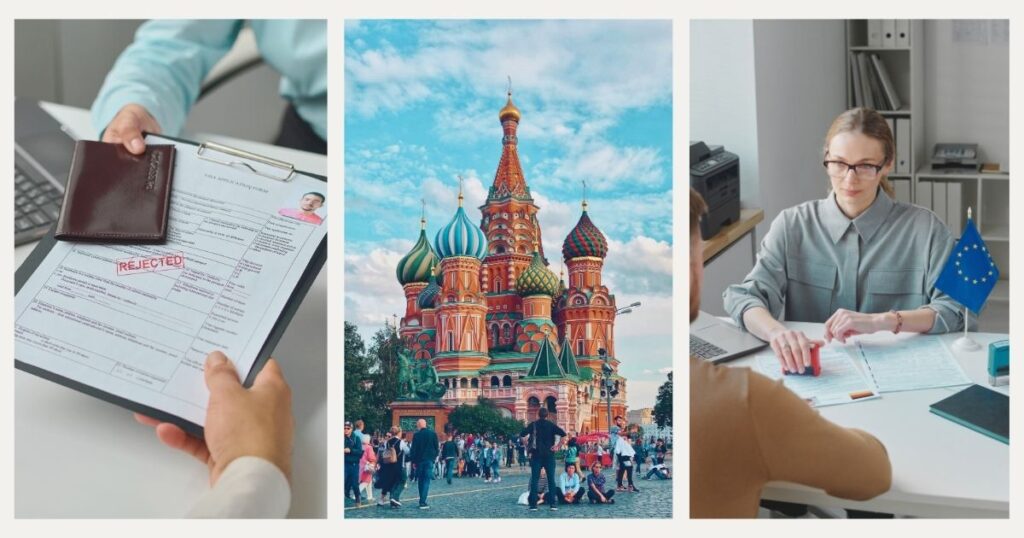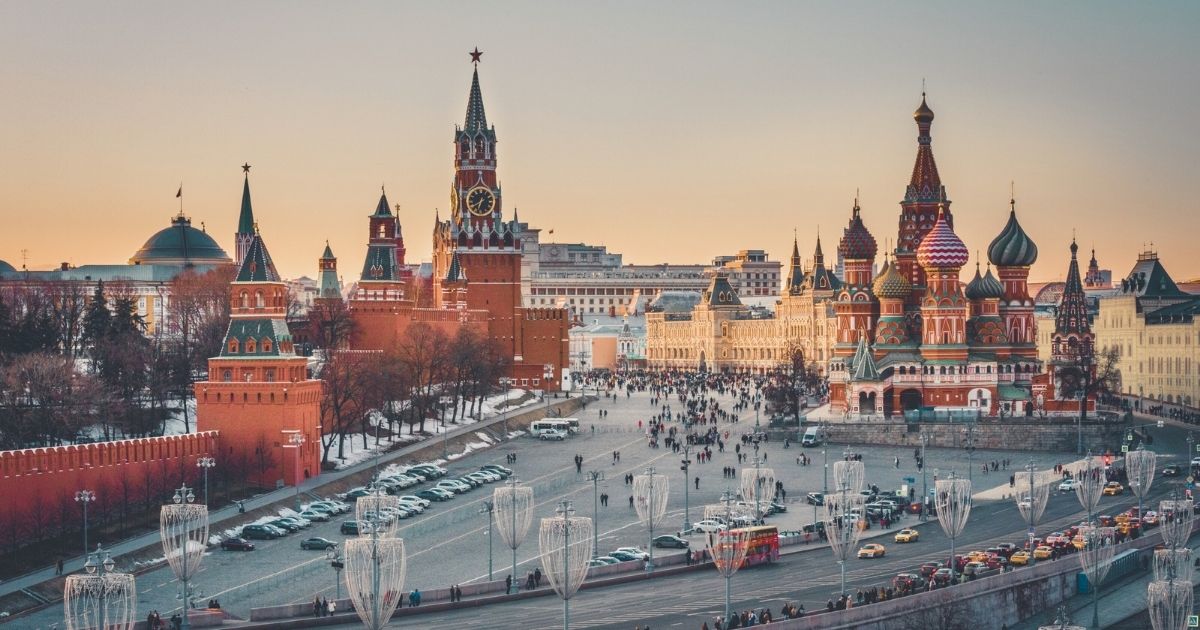Navigating the complex world of international visas can be the most daunting aspect of the digital nomad lifestyle. While some nations welcome remote workers with open arms, others maintain visa processes so challenging they can derail even the most seasoned traveler’s plans.
Understanding the most difficult countries to get a visa for helps digital nomads prepare for potential obstacles and develop effective strategies. From extensive documentation requirements to lengthy processing times, these challenges vary significantly across different regions. Identifying the most difficult countries to get a visa before planning your journey can save considerable time and frustration.
In this comprehensive guide, we’ll explore the countries with the most restrictive visa policies, provide practical solutions to overcome these barriers, and share insider tips to help you maintain your nomadic freedom. Nomada is committed to helping you navigate these complexities with confidence and minimal stress.
Understanding visa complexity factors

Before diving into specific countries, it’s important to recognize what makes certain visa processes particularly challenging for digital nomads. These factors often extend beyond simple application procedures and can significantly impact your travel plans.
Documentation and financial requirements
Countries with stringent visa policies typically demand extensive documentation. This can include detailed bank statements showing substantial funds, proof of accommodation for your entire stay, comprehensive travel insurance, and evidence of strong ties to your home country. Some nations may require these documents to be notarized, translated, or authenticated through complex procedures.
Many challenging countries also impose high financial thresholds, requiring proof of income far exceeding average living costs or substantial bank balances that must be maintained for months before application.
🌟 Pro tip: create a digital “visa documentation portfolio” with pre-translated, certified copies of essential documents like bank statements, income verification, and professional credentials to streamline applications for difficult countries.
Processing timeframes and uncertainty
Unpredictable processing times represent another major hurdle when dealing with the most difficult countries to get a visa from. Some nations may advertise standard processing periods but regularly exceed them without explanation or recourse. This uncertainty can disrupt carefully planned itineraries and create logistical challenges.
Many countries with complex visa systems also implement seemingly arbitrary approval processes. Applications with identical documentation may receive different decisions, making the outcome difficult to predict and plan around. This lack of transparency often makes these nations particularly challenging for digital nomads who need reliable travel schedules.
💡 Did you know? Several of the most difficult countries to get a visa from maintain intentionally opaque application systems as a form of soft border control, allowing them to manage visitor numbers without publicly changing their official entry policies.
The most difficult countries for visa approval

While visa requirements continuously evolve, certain nations consistently present exceptional challenges for applicants. The following countries are widely recognized as the most difficult countries to get a visa for digital nomads and international travelers.
1. Russia: bureaucratic complexities
Russia’s visa system stands as one of the most notoriously complex, requiring an official invitation (visa support letter) from a Russian entity before you can even apply. Digital nomads face particular challenges as the country doesn’t offer specific remote work visas, meaning most must apply through tourist or business categories that involve significant restrictions.
The process includes multiple forms, a detailed itinerary with confirmed accommodation for your entire stay, comprehensive medical insurance with specific coverage requirements, and in some cases, HIV test certificates. Processing can take several weeks, with frequent requests for additional documentation that further extends timelines.
2. Saudi Arabia: stringent requirements
Until recently, Saudi Arabia maintained one of the world’s most restrictive visa policies. While recent reforms have introduced tourist visas, the process remains challenging. Applications require extensive documentation, including detailed travel plans, proof of accommodation, round-trip tickets, and substantial financial resources.
Female travelers face additional restrictions, including appropriate dress codes and, in some cases, the requirement to be accompanied by a male guardian or sponsor. For digital nomads, the lack of a dedicated remote work visa means navigating complex business visa requirements that often necessitate local corporate sponsorship.
🌟 Pro tip: when applying for visas to highly restrictive countries like Saudi Arabia, consider working with a specialized visa agency that has established relationships with the embassy. Their expertise can significantly increase approval chances and potentially expedite processing.
3. China: extensive verification processes
China implements one of the most thorough visa verification processes globally. Applicants must provide detailed itineraries, hotel reservations, round-trip flights, and substantial proof of financial resources. The process often includes in-person interviews and biometric collection at specific application centers.
For digital nomads, China presents particular challenges as it closely scrutinizes previous travel history and may request detailed employment information. Working remotely while on a tourist visa is technically prohibited, and the country has implemented significant internet restrictions that complicate remote work arrangements.
Regional challenges and strategic approaches

Beyond the most difficult countries to get a visa individually, certain regions present consistent visa challenges that require strategic planning and preparation. Understanding these regional patterns helps digital nomads develop effective approaches to maintain their global mobility.
Central Asia: connectivity and sponsorship challenges
Central Asian nations like Turkmenistan, Uzbekistan, and to some extent Kazakhstan implement visa systems that often require formal invitations or sponsorship from registered local entities. These requirements can be particularly problematic for independent digital nomads without established local connections.
When working remotely from these regions, reliable connectivity becomes essential for maintaining client relationships. A dependable travel eSIM from Holafly provides seamless internet access across these countries, eliminating the need to navigate local telecommunications providers who often require extensive documentation and registration.
Africa: diverse and unpredictable systems
Many African nations maintain complex visa systems with requirements that can change with minimal notice. Countries like Algeria, Equatorial Guinea, and Sudan implement particularly challenging processes that often involve obtaining pre-approval letters, providing extensive documentation, and sometimes navigating significant administrative delays.
When planning extended stays across the most difficult countries to get a visa in Africa, digital nomads should consider the following key factors:
- Processing time variability (budget for 2-3x the officially stated timeframe)
- Documentation authentication requirements (often requiring embassy legalization)
- Proof of onward travel to specific destinations (not just any outbound ticket)
- Health certification requirements beyond standard vaccinations
- Financial thresholds significantly higher than actual living costs
🌟 Pro tip: when applying for visas to African nations with complex systems, maintain flexible travel plans and consider using rebookable flight options that allow date changes without significant penalties, as processing delays are common.
Practical solutions for difficult visa processes

While the most difficult countries to get a visa present significant challenges, experienced digital nomads have developed effective strategies to navigate these complex systems successfully. These practical approaches can significantly improve your chances of approval.
Professional visa services and legal assistance
For the most challenging visa applications, professional assistance can be invaluable. Specialized visa agencies maintain relationships with embassy personnel and understand the nuanced, often unwritten requirements that can determine application outcomes. While these services represent an additional expense, they can significantly increase approval probability.
In some cases, immigration attorneys familiar with specific countries can provide crucial guidance, particularly for longer-term stays or in cases involving previous visa rejections. These professionals can help structure applications to address potential concerns before they arise and provide representation if complications develop.
Alternative entry options and workarounds
When direct visa applications present excessive challenges, alternative entry pathways may exist. These might include business invitation programs, educational exchange opportunities, or specific cultural visas with more straightforward application processes.
For some difficult countries, regional entry agreements may provide easier access. For instance, obtaining residence in a neighboring country with stronger diplomatic ties or regional freedom of movement agreements can sometimes facilitate easier entry to otherwise restrictive nations.
By understanding these administrative relationships, digital nomads can develop strategic “base countries” that facilitate smoother regional mobility, even to the most difficult countries to get a visa.
Final thoughts on navigating visa challenges
The landscape of international visa policies continues to evolve, with some of the most difficult countries to get a visa occasionally implementing reforms that ease restrictions. However, for digital nomads seeking true global mobility, understanding and preparing for these challenging processes remains essential.
While these challenges can seem overwhelming, they’re rarely insurmountable with proper preparation and realistic expectations. The key lies in thorough research, meticulous documentation, and building flexibility into your travel plans to accommodate potential delays or complications.
Remember that visa requirements frequently change, sometimes with minimal notice. Staying informed through official embassy websites and nomad communities can help you navigate even the most complex visa systems while maintaining your location independence.
Navigating challenging visa processes is part of the digital nomad journey. For more insights on maintaining mobility while managing complex immigration requirements, explore our comprehensive guide to digital nomad visas.
Your borderless lifestyle doesn’t have to stop at challenging borders—master them with Nomada 👉
Stay connected while you travel with Holafly’s eSIM 🌍
Getting ready for a trip and want to forget about roaming charges, physical SIM cards, or unreliable public WiFi? With Holafly’s eSIM, staying online in over 160 countries is easier than ever.
With Holafly, you’ll enjoy:
📲 Instant activation: just scan a QR code and you’ll have data at your destination.
🌐 Global coverage: available in 160+ countries, including top tourist spots and major business hubs.
📅 Flexible plans: choose daily, weekly, or monthly options based on your travel needs.
❌ No physical SIM required: keep your current SIM in place, no local procedures needed.
💬 Multilingual support: get fast, clear assistance whenever you need it.
Browse securely without relying on public networks, access maps, apps, bookings, and work remotely without interruptions.
Set it up once and easily pause or switch profiles as needed, saving battery and managing your data usage.
📵 Say goodbye to roaming fees and hello to a simple, secure connection—without surprises on your bill.
Does your phone support eSIM? Then Holafly is the perfect travel companion to stay connected wherever you go.
Frequently asked questions about difficult visa countries
Russia, Saudi Arabia, and China consistently rank among the most challenging, with extensive documentation requirements, lengthy processing times, and high rejection rates. Turkmenistan and Algeria also maintain particularly complex systems with sponsorship requirements and limited approval transparency.
For the most difficult countries to get a visa, begin the application process 3-6 months before your intended travel date. This provides buffer time for additional documentation requests, processing delays, and potential appeals if initially rejected.
The most difficult countries to get a visa for rarely offer specific digital nomad permits, making remote work technically prohibited on tourist visas. Business visas may permit limited work activities but usually require local sponsorship. Always research the specific legal requirements before working remotely in these restrictive countries.
Strong financial proof (6+ months of bank statements), detailed travel itineraries, comprehensive insurance coverage, proof of accommodation for your entire stay, and evidence of strong ties to your home country (property ownership, family obligations) significantly enhance approval probability.
For the most challenging visa applications, professional services offer valuable expertise, embassy relationships, and application preparation that can substantially increase approval chances. The cost typically represents a worthwhile investment compared to potential visa rejection and travel disruption.




